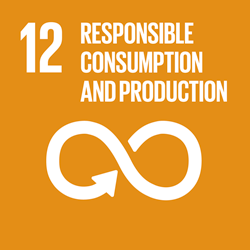Technological watch
Cytogenotoxic activity of herbicidal and fungicidal pesticides on Triticum aestivum root meristem
Phytotoxicity, cytotoxicity and genotoxicity of pesticides with various mechanisms of targeted activity were studied in a hydroponic culture of 2-day-old seedlings of Triticum aestivum. All studied pesticides (with the exception of metribuzin) exhibited dose-dependent phytotoxicity (inhibited the growth of the main root and reduced the yield of root biomass). All studied pesticides did not affect mitotic index in the root apex meristem but did affect the duration of some phases of mitosis. Herbicides increased, while fungicides, on the contrary, decreased the duration of the cytokinesis phase. All pesticides (1 ?g/mL) exhibited genotoxic activity: in the root apex meristem the number of cells with mitotic abnormalities was significantly higher than in the control variant (7–14 times). The genotoxic activity of metribuzin and tebuconazole was 2 times lower than for tribenuron-methyl, fenoxaprop-P-ethyl, epoxiconazole and azoxystrobin. The genotoxicity of the studied pesticides was combined: depending on the class of the pesticide, clastogenic or aneugenous effects dominated.






